Former Canadian Politician Suspected of Working for Foreign Government, Including China and India: CSIS Report
A former Canadian politician is suspected of covertly influencing parliamentary decisions on behalf of a foreign government, according to new documents released by the foreign interference commission on Friday. The Canadian Security Intelligence Service (CSIS) flagged this case as part of a broader pattern of foreign interference in Canada’s democracy. While the specific government in question has not been identified, other examples in the CSIS report implicate countries like China, India, and Pakistan in attempting to manipulate Canadian political processes.
The foreign interference inquiry, led by Justice Marie-Josée Hogue, revealed this previously unknown case alongside five other significant incidents of foreign interference. Notably, the report includes an instance where a foreign government allegedly took steps to block a Liberal candidate from being elected, citing the candidate’s stance on issues unfavorable to the foreign state’s interests.
CSIS identified other instances of foreign meddling in Canada’s recent elections, with four cases previously detailed in the commission’s investigation into foreign interference in the 2019 and 2021 federal elections. One particularly alarming case involved the Government of India allegedly using proxy agents to provide financial support to candidates from multiple political parties during a federal election. Though intelligence could not confirm whether the candidates knowingly received this support, it highlights how deeply foreign interference may have penetrated Canadian politics.
Additionally, the Government of Pakistan is suspected of attempting to influence Canadian politics to further its interests, according to CSIS. The list of foreign interference incidents also includes a case where the Chinese government allegedly supported a candidate in a 2019 nomination contest through the use of proxy agents. This last case is believed to refer to Han Dong, the former Liberal MP for Don Valley North, whose 2019 nomination process was marked by “irregularities.” Dong has denied any wrongdoing and is currently suing Global News’ parent company, Corus Entertainment, over the reporting.
Further revelations included an intelligence report stating that a Canadian politician had shared confidential government information with a known intelligence officer from a foreign state. This disclosure is part of a broader investigation into how foreign actors have exploited Canadian politics to advance their agendas.
The inquiry has generated widespread concern about the integrity of Canada’s democratic process. In June 2024, the National Security and Intelligence Committee of Parliamentarians (NSICOP) released a report that detailed multiple instances of federal politicians knowingly collaborating with hostile foreign governments. This report followed preliminary findings by Justice Hogue, which concluded that foreign governments attempted to influence both the 2019 and 2021 federal elections. While these efforts did not determine the overall election outcomes, Hogue called the operations a “stain on Canada’s electoral process.”
Despite growing public calls to reveal the names of politicians suspected of working with foreign governments, Justice Hogue emphasized the challenges involved. In a recent public statement, Hogue explained that intelligence, even when gathered with high confidence, is not always sufficient for legal action. Releasing names without concrete evidence could harm individuals’ reputations, and intelligence agencies often refrain from making such disclosures to avoid compromising national security or ongoing investigations.
“The commission cannot make any findings that might identify the individuals involved in the allegations, as national security confidentiality and procedural fairness must be respected,” Hogue wrote earlier this month.
The inquiry has raised questions about Canada’s capacity to defend against foreign interference and whether greater transparency is needed to protect democratic processes. The ongoing hearings, set to continue until October 16, will feature testimony from senior bureaucrats, intelligence officials, and political staff, including Prime Minister Justin Trudeau. Justice Hogue’s final report is expected by the end of 2024, and it may provide further insights into how foreign interference has affected Canadian politics and what measures can be taken to prevent future occurrences.
As Canada grapples with these revelations, the integrity of its democratic institutions remains under scrutiny, with CSIS and other security agencies working to uncover the full extent of foreign interference across multiple political landscapes.


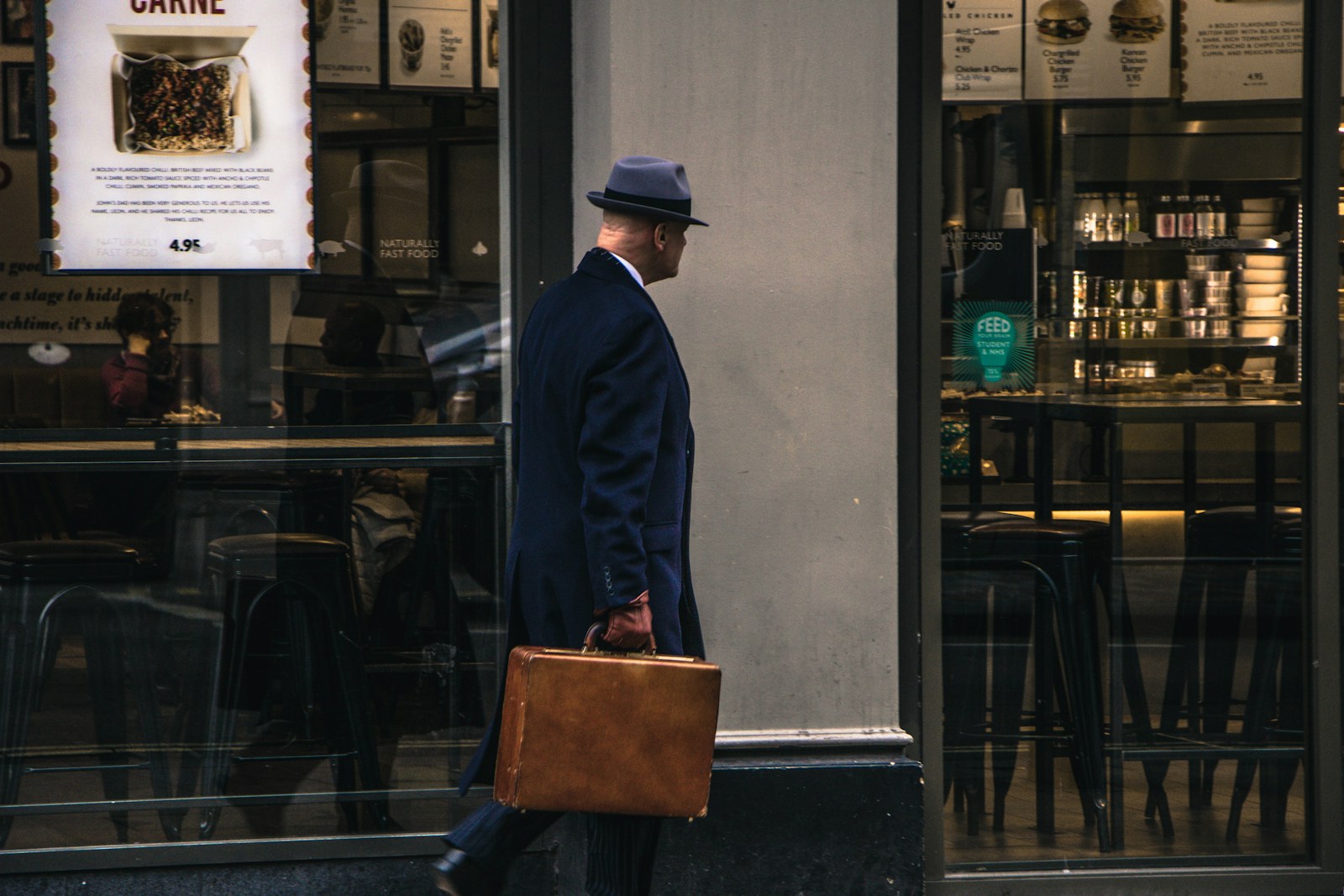



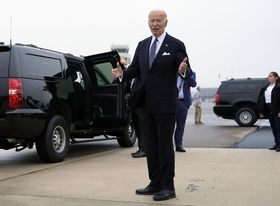
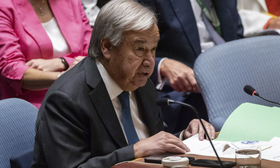
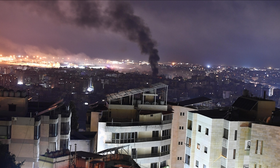
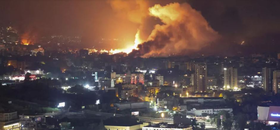

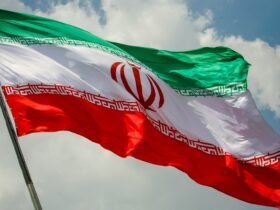


Leave a Reply